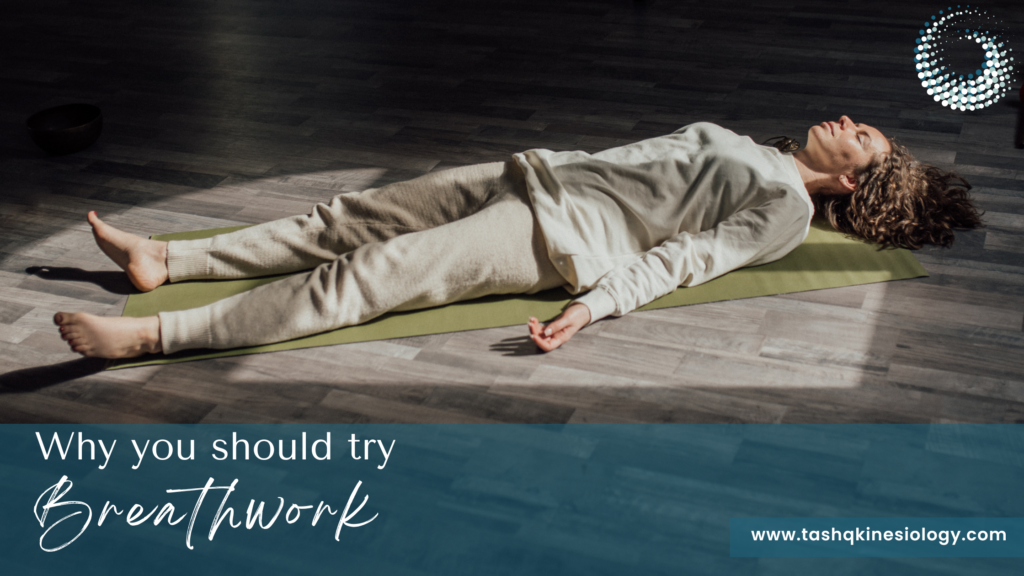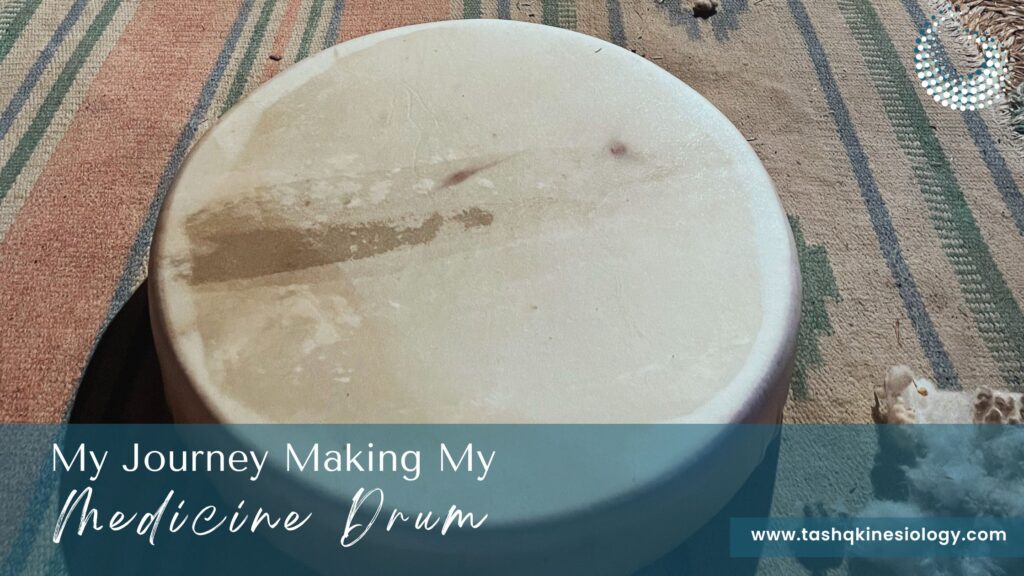The theme for Perinatal Mental Health Week this year is Connection through Conversation. Pregnancy and the first year of parenthood is the perinatal period. Postnatal anxiety and postnatal depression are the most common perinatal mental health problems experienced by parents. Postnatal anxiety can show as not being able to relax, always worrying about the baby, not being able to sleep and thinking about what could go wrong. Postnatal depression can show as a lack of energy or motivation, lack of self care and feelings – not experiencing joy or other emotions. Both perinatal anxiety and depression can have some similarities.

Not feeling joy was how postnatal depression showed up for me. I hadn’t expected to have a long labour that ended with my baby being in the neonatal ward for 3 days. I hadn’t expected her to have a tongue tie causing issues with breastfeeding. I hadn’t expected her to be born with talipes and to have to explain to our family what this meant when I had never heard of it before. I think that was a big part of why it was so hard for me to ask for help later. Because my family didn’t understand what we had been through or what steps we needed to do moving forward. This left me feeling like I wasn’t good enough and the bond with my baby that had been there the instant she was born was slowly disintegrating without me even realising.
I have shared my stories from the archives of my old personal blog – one about my experience and one about my healing, as well as a blogpost about my birth trauma. In my stories I mentioned how my postnatal depression led me to kinesiology and how kinesiology empowered me to heal from postnatal depression.
If you are new to my blog you may be wondering what kinesiology is and how it can help with perinatal mental health. Kinesiology uses muscle testing as a biofeedback tool to find where you are holding stress in your body. The stress causes imbalances that can manifest as issues in you physical, mental and/or spiritual bodies because the emotions we feel (or don’t allow ourselves to feel) can be stored in the body. The practitioner will find the emotion behind the stress imbalance and the age you were.
For my very first kinesiology session the emotion that came up was ‘believed’ and my age was 31 years and 7 months which was four months before I gave birth and I had a lot of stress in my life and relationships where trust had been broken.
On a very basic level kinesiology helps you through finding trapped emotions and moving them from your subconscious into your conscious mind. Your emotional modulatory circuit will also be brought into the circuit. This is your fight/flight/freeze response. Kinesiology takes the stress off this response and can help you rewire your patterning so you feel less triggered or primed. For me, my fight or flight was very much stuck in fight with anger and frustration being a prime pathway.
Kinesiology can do so much to help settle your nervous system, help you sleep, balance your hormones and help with nutritional and digestive issues. Kinesiology can also help you change your thought patterns and beliefs around motherhood like being a perfect mum, feeling like you’re not good enough, being a people pleaser, being on high alert for what could go wrong or dealing with mama rage. During my first session we found my energy was being drained from taking on other people’s energy. I had always been a people pleaser and now as a mother I was following in my mother’s footsteps and becoming a martyr.
There’s so many things kinesiology can help with during the many stages of motherhood which can help reduce your risk of perinatal mental health issues and/or help with your symptoms of perinatal mental health problems.
Pre-conception
Kinesiology can help you detox your body of heavy metals, toxins and medications to help you get your body into an optimum state before you conceive. Another thing to consider would be having your adrenals balanced before conceiving which would help recharge your body before it begins growing and nourishing another life. Kinesiology can also help you if you have issues conceiving or have experienced miscarriages and really move through the grief.
Pregnancy
During pregnancy there are many things you may experience like heartburn, constipation or morning sickness. If any of your pregnancy symptoms cause you to really struggle and, especially if they begin to affect your mental state please see your doctor. Kinesiology can work alongside your medical practitioner and help with morning sickness, fluid retention, or any other symptom you are struggling with. Kinesiology can also help with your mental emotional state and can focus on issues with anger and frustration, overthinking or even tendencies to be docile and submissive.
Post birth
Kinesiology can help you after the birth of your baby and can really help if the birth of your baby was difficult or traumatic, if you experienced complications after labour or if your baby had complications. Healing after birth difficulty can take time especially when there is so much to process. It doesn’t matter if the trauma was “big” or “small”. If you felt it was traumatic then it was and kinesiology can help empower you to choose how you respond to that trauma. Kinesiology can also help you with physical issues like healing from perineal tears, prolapses and hernias.
Breastfeeding
Kinesiology can help with all types of breastfeeding issues – whether it be excess milk, inability to breast feed, involuntary let down of milk or mastitis. A major part of milk supply issues is the hormone prolactin – too much prolactin can mean excess milk supply and not enough prolactin can mean under supply. Kinesiology can help balance your body’s hormonal production, which of course includes prolactin.
Infants
As for the little ones, kinesiology can also help your baby. We use surrogacy to work with infants and can help with common issues like sleep, breastfeeding attachment, reflux and colic, as well as other health issues. Preterm babies would really benefit from kinesiology to help their development and could also give parents another sense of helping by being the surrogate.
Other common issues that kinesiology can help with that might show during the newborn bubble or a little later are eczema, allergies and other skin and gut related issues. Battling these issues can wear both mum and bub down as there are so many things you can try – on the skin and within the digestive system – and finding the solution can take time. Which can lead to lots of frustration or worry for the mum and lots of screaming, scratching and discomfort for the baby. Kinesiology offers a gentle and non invasive option
I hope this summary has helped you understand the many ways kinesiology can help you during such an important time in a woman’s life. Motherhood is full of so many joys but for many of us there is a darker side. There is no shame if you experience the darker side of motherhood. I’ve been there and I came out the other side. It is my mission to help break the stigma around perinatal mental health issues and to also share that kinesiology just might help you like it helped me.
If you think you may have postnatal depression or worried that a new mum in your life may be struggling, PANDA have a mental health checklist you can use for any stage you are at. It’s a great resource that helps you figure out the next step to take and gives you a PDF of your results to take to your chosen health professional.
Do you need help?
Call the Perinatal Anxiety and Depression Australia (PANDA) national hotline on 1300 726 306
If you’re in Perth you can call Ngala on 9368 9368
Explore the resources on the Centre of Perinatal Excellence (COPE) website for what resonates with you
Engage in Counselling
Talk to your GP or other health professional
Explore alternative modalities like homeopathy, kinesiology and naturopathy.
Why you should try breathwork
There are so many benefits of breathwork – reducing stress, releasing grief and anger, increasing…
6 tips to Being a Study Mum
I completed my Advanced Diploma in Kinesiology at O’Neill Kinesiology College last year. You can…
My Experience Studying Kinesiology
I finished studying kinesiology at O’Neill Kinesiology College in Perth at the end of last…
My Journey Making My Medicine Drum
It’s no coincidence that it was at the end of Perinatal Mental Health week when…
Kinesiology and Perinatal Mental Health
The theme for Perinatal Mental Health Week this year is Connection through Conversation. Pregnancy and…
Healing from postnatal depression
I shared my experience with postnatal depression in my previous blog post which you can…





